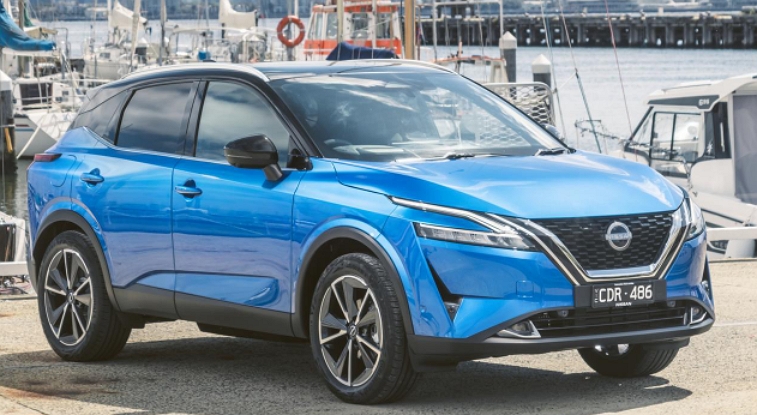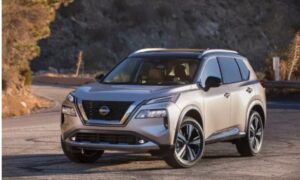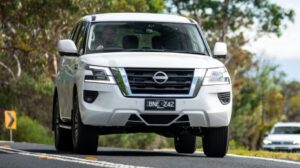The Nissan Qashqai has been a popular choice among buyers, and the latest version takes the technology to new heights. However, this level of sophistication comes with a price. In a highly competitive market for small SUVs, a new model needs to stand out to make an impression. The latest offering from Nissan boasts a range of impressive features, but they do come with a price tag.
VALUE
The Qashqai range offers a starting price of approximately $37,300 for the ST model, while the top-of-the-range Ti variant tested here comes with a hefty price tag of $51,300. The interior of the vehicle is well-designed, featuring high-quality materials and surface treatments throughout. Notable features include comfortable diamond-stitched leather seats with heating and massaging functions, a large touchscreen, a digital instrument panel, and a head-up display.
The 10-speaker Bose audio system delivers excellent sound quality, and there’s a convenient wireless charging pad. However, the wireless Apple CarPlay functionality may experience occasional glitches. Overall, the Qashqai provides a premium experience but comes with a higher price compared to its main competitors. The warranty coverage is the standard five years, but it’s worth noting that the service costs are relatively high, amounting to almost $3,000 over five years, with the six-year service costing $1,108.
COMFORT
Passengers in the Qashqai will find little to complain about. The new model offers increased dimensions compared to its predecessor, resulting in ample rear leg, knee, and headroom. The second row benefits from individual vents, and the rear doors open wider than those of most competitors, making it easier for parents to secure their young ones in car seats. The driver’s seat is comfortable for long journeys, with extensive adjustability to accommodate individuals of all sizes.
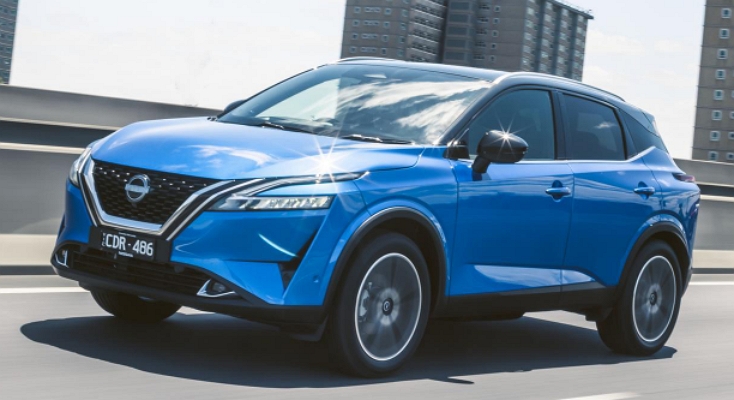
The cabin impressively muffles engine, wind, and tire noise, creating a quiet and pleasant atmosphere. The luggage area is typical for the class, and the convenience of opening the rear tailgate with a foot swipe under the bumper is a practical feature, especially when your hands are full. The suspension leans toward the firmer side for a family SUV, and the ride quality may become slightly uneven on uneven suburban roads.
SAFETY
In independent crash tests, the Qashqai achieved exceptional scores, with 91 percent for adult protection and 93 percent for child protection. It goes above and beyond with its airbag protection, featuring a center airbag to prevent driver and front passenger head collisions during side-impact accidents. The car is equipped with a comprehensive range of driver assistance technologies, earning an impressive 97 percent score for “safety assist.”
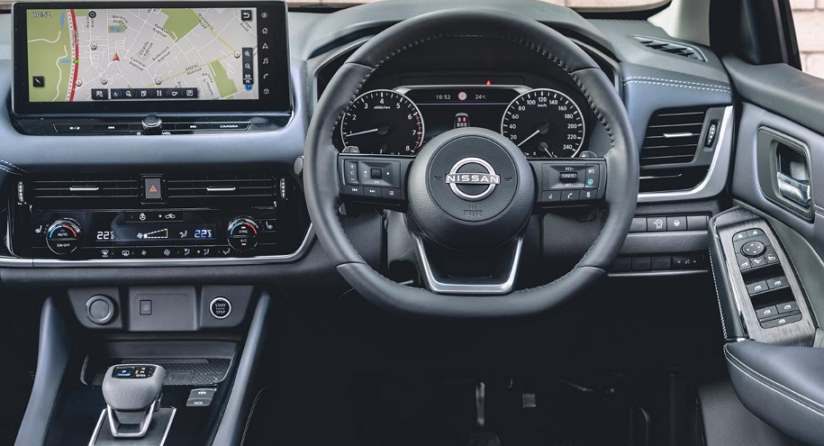
These technologies include automatic emergency braking, lane-keep assist, blind-spot monitoring, and rear cross-traffic alert with braking. The radar cruise control system ensures a safe distance is maintained from the vehicle ahead and can automatically come to a stop in traffic. However, it’s worth noting that the blind-spot and lane-keeping functions may be a bit disconcerting as they not only steer but also apply brakes if you drift out of your lane.
ON THE ROAD
When it comes to family SUVs, the Qashqai prioritizes comfort and practicality over thrilling performance. Powered by a small yet capable 1.3-liter turbo engine, it delivers sufficient power, and the CVT automatic transmission ensures smooth and seamless acceleration. However, it may not excel in terms of sheer acceleration. The steering is well-tuned, providing a good balance of responsiveness and accuracy.
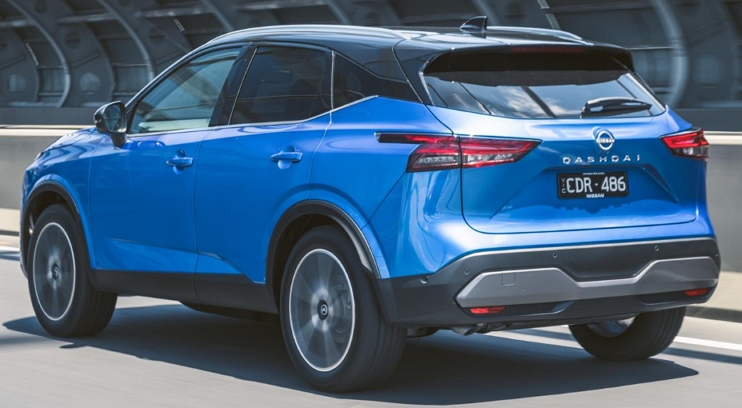
The suspension effectively absorbs bumps even at higher speeds, offering a comfortable ride. Surprisingly, the Qashqai exhibits impressive stability when taking corners, showing minimal body lean despite its taller stance. In terms of fuel efficiency, the official rating is 6.1L/100km, and we found it to be quite accurate on the freeway. However, in stop-and-go traffic, the consumption increases to the mid-8s, which is expected.
